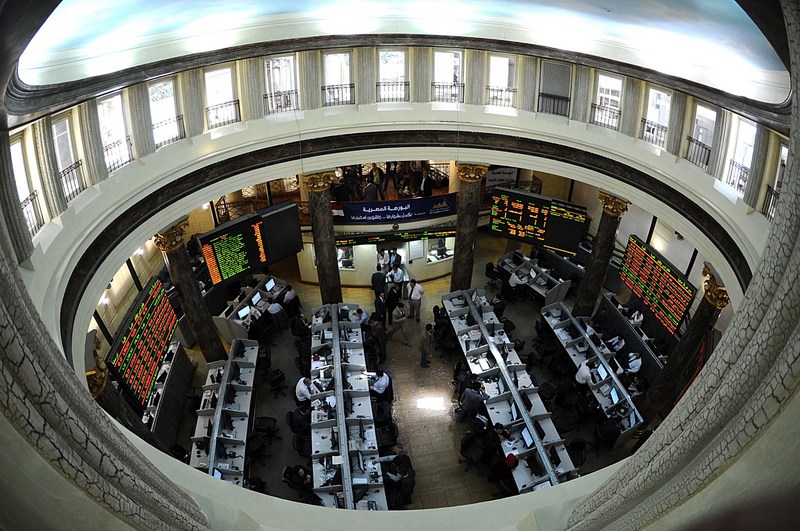Environmental group Greenpeace has demanded an end to lower taxes for diesel. The call comes after a study showed higher measurements of pollutants in a number of German cities.
Greenpeace said the financial privileges enjoyed by diesel were no longer sustainable, citing its own survey of public opinion.
While diesel engines generally have lower carbon dioxide emission – the reason for the tax break – they are also considered to have a higher output of potentially harmful nitrogen oxides.
The study, carried out by the Emnid Institute on behalf of the environment, revealed that 62 per cent of Germans agreed the diesel subsidy should end. Some 31 per said it should continue.
Diesel cars are generally more fuel-efficient than gasoline ones, and therefore produce less carbon dioxide, a greenhouse gas, per kilometer driven. While diesel fuel is generally less expensive in Germany than gasoline, diesel cars are more expensive to buy and insure. Car tax is significantly higher on diesels, justifying the lower tax per liter of fuel.
The Greenpeace survey said 55 percent of people believed gasoline was more environmentally friendly than diesel, while only 25 percent said the opposite. Emnid surveyed 1,004 people between the ages of 14 and 70.
Greenpeace maintains that older diesel engines produce higher emissions of nitrogen oxides. It wants the theoretical increase in tax revenue from a diesel tax hike, which it estimates to be worth 7 billion euros ($7.54 billion) per year, to be used to pay for better public transport.
‘Privilege must end’
“Diesel vehicles are demonstrably more damaging to health and the environment as comparable petrol ones. The diesel tax privilege must ultimately end,” Greenpeace energy expert Andree Böhling told the DPA news agency. “Diesel is the dirtiest vehicle fuel,” Boehling added.
Germany’s Federal Environment Agency reported in October# that the level of nitrogen oxides at about half of 137 stations in German in urban areas were significantly elevated. The Greenpeace call also comes in the wake of the Volkswagen emissions scandal in which the company was found to have used test-cheating software to reduce the apparent levels of its vehicles’ emissions.
The French government on Wednesday said in a statement it would increase taxes on diesel over the next few years.
rc/sgb (Greenpeace, dpa)




